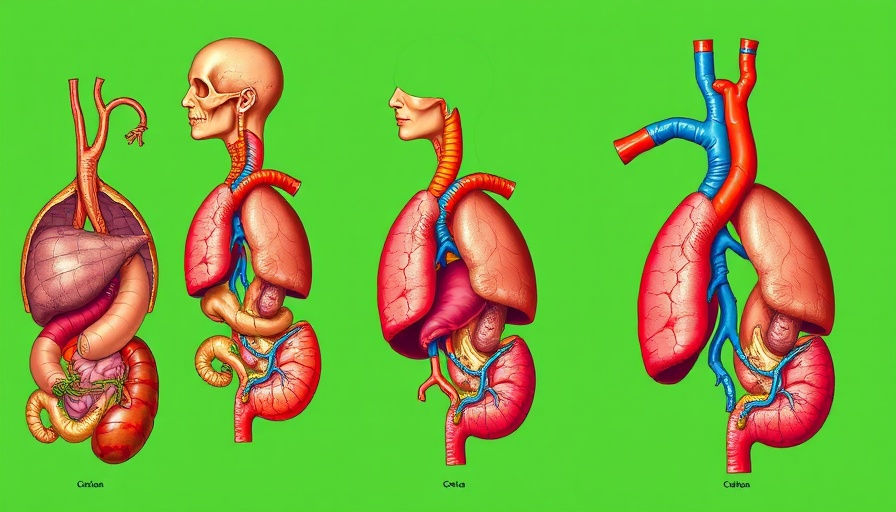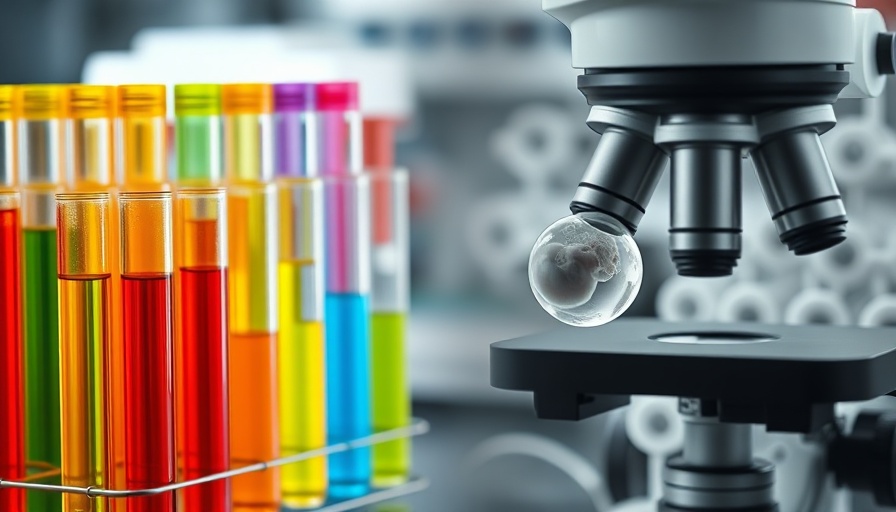
Understanding Bodyoids: The Future of Organ Transplants
In a revolutionary exploration shared by MIT Technology Review, researchers have proposed the concept of "bodyoids"—living entities devoid of consciousness capable of pain or thought. As the demand for human organs for transplantation surges, these bioengineered bodies are being championed as a potential solution to the critical organ shortage, which currently sees over 100,000 individuals on waiting lists in the U.S., with 17 dying each day due to a lack of available organs.
The Ethical Dilemmas Surrounding Bodyoids
The notion of creating life for the sole purpose of organ harvesting raises profound ethical questions. Despite some arguing the lack of sentience makes bodyoids a viable option, many feel uneasy with this proposition. Critics argue that such a practice could lead to significant ethical dilemmas and societal issues about the value of human life and autonomy. As the concept edges closer to reality through advances in biotechnology, the debate surrounding the moral implications grows increasingly urgent.
Alternatives to Organ Shortages
While bodyoids present a novel approach to tackling the organ scarcity, other innovative solutions have emerged. Scientists are extensively researching gene-edited pigs whose organs are being modified to be more compatible with the human immune system. Notably, David Bennett Sr. made headlines for being the first recipient of a gene-edited pig heart, although subsequent health outcomes have varied. Meanwhile, Towana Looney’s successful kidney transplant from a genetically engineered pig highlights the potential while underscoring the risks involved in xenotransplantation.
The Development of Synthetic Embryos
Another promising avenue involves the creation of synthetic embryos, a process initiated through advancements in stem cell technology. Companies like Renewal Bio are pioneering efforts to engineer these structures for organ growth. This exciting frontier could lead to new forms of biological creation that, while still in their infancy, promise the possibility of sustainable organ generation. However, scientists remain uncertain about the extent of development these synthetic embryos will achieve.
Looking Ahead: Innovations in Biotech
As the fusion of healthcare and technology accelerates, the implications of such innovations are profound. Stakeholders—including executives and industry leaders—must weigh the benefits of potentially solving a pressing health crisis against the moral landscape reshaped by such technologies. Advancing biomimetic structures could change the fabric of healthcare but necessitates informed discussions led by policy-makers, ethicists, and industry leaders to shape the future responsibly.
 Add Row
Add Row  Add
Add 




Write A Comment